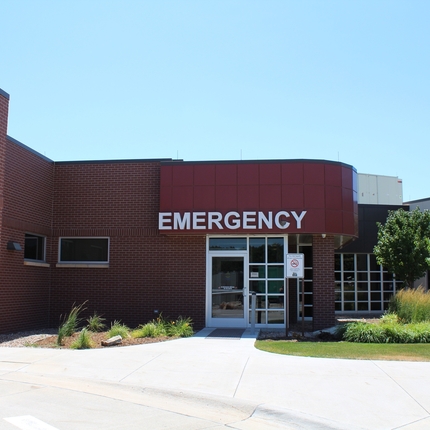By Jon Bailey
Another frequent complaint about Medicaid is that it provides substandard medical coverage. Once again though, the numbers tell a different story. Medicaid coverage provides health care financial peace-of-mind. Not surprisingly, few Medicaid beneficiaries experience financial issues related to health care.
Only 10 percent of those with Medicaid had problems paying medical bills, and 19% have at least one medical bill that is a problem or a debt. More people with private insurance had both (21 percent with problems paying or unable to pay a medical bill, and 33 percent with at least one problem medical bill or medical debt). The uninsured face even more serious health care-related financial difficulties. Over a third (35 percent) of the uninsured have problems paying medical bills. Nearly half of the uninsured (47 percent) have at least one problem medical bill or medical debt.
Medicaid out-performs private insurance or being uninsured for measures of obtaining health care when it is needed. Only 10 percent of those on Medicaid did not visit a doctor or clinic with a medical problem requiring treatment, compared to 17 percent of those with private insurance and 40 percent of the uninsured. Only 13 percent of those on Medicaid did not fill a prescription, compared to 15 percent of those with private insurance and 30 percent of the uninsured.
Moreover, less than a quarter of those on Medicaid (23 percent) had at least one cost-related health care access problem. Meanwhile 30 percent of those with private insurance and 54 percent of the uninsured had at least one cost-related health care access problem.
Jon M. Bailey is a rural policy and research expert and former Center for Rural Affairs Policy and Research Director.





